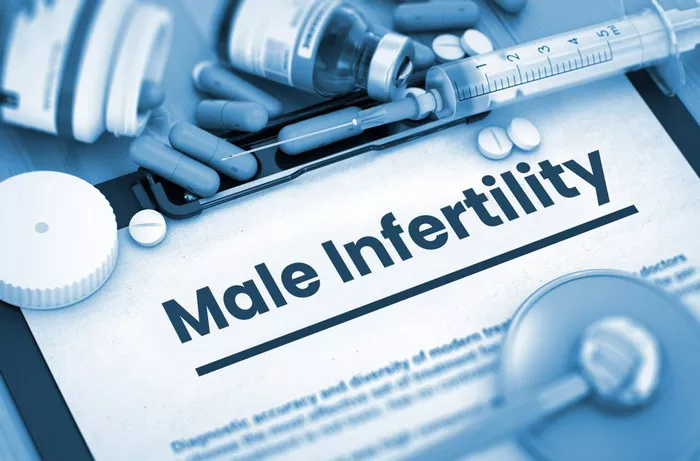Infertility is a deeply personal and often challenging issue that affects many couples worldwide. While infertility can arise from various factors, including both male and female reproductive health, in this article, we’ll delve into why some men may experience infertility and the underlying reasons behind it.
Understanding Male Infertility
Male infertility occurs when a man is unable to impregnate a fertile female partner after one year of unprotected intercourse. It’s estimated that male factors contribute to infertility in about 40-50% of cases, either as the sole cause or in combination with female factors. Understanding the causes of male infertility is crucial for diagnosis and treatment.
Sperm Production and Quality
One of the most common reasons for male infertility is problems with sperm production or quality. Conditions such as varicocele (enlarged veins within the scrotum), hormonal imbalances, genetic disorders, and certain medications can all affect sperm production. Additionally, lifestyle factors such as smoking, excessive alcohol consumption, drug use, and exposure to environmental toxins can impair sperm quality and motility.
Think of sperm production as a delicate manufacturing process, with various factors influencing the quality of the final product. Just as a flaw in the manufacturing process can lead to defective goods, disruptions in sperm production can result in poor sperm quality and infertility.
Obstruction of Reproductive Pathways
Another common cause of male infertility is the obstruction of reproductive pathways, preventing sperm from reaching the ejaculate. Obstructions can occur due to conditions such as vasectomy, congenital abnormalities, infections, or inflammation of the reproductive organs. In some cases, surgery may be necessary to remove the blockage and restore fertility.
Imagine your reproductive system as a network of highways, with sperm traveling along the routes to their destination. Just as a roadblock can impede traffic flow, obstructions in the reproductive pathways can prevent sperm from reaching their destination, leading to infertility.
Testicular Overheating
The testes require a slightly cooler temperature than the rest of the body for optimal sperm production. Prolonged exposure to high temperatures, such as wearing tight clothing, frequent hot baths or saunas, or prolonged use of laptops on the lap, can increase testicular temperature and impair sperm production. Avoiding activities that cause overheating of the testes may help improve fertility in some cases.
Think of the testes as sensitive instruments, requiring precise temperature regulation to function properly. Just as excessive heat can damage electronic devices, overheating of the testes can impair sperm production and fertility.
Underlying Health Conditions
Certain underlying health conditions can also contribute to male infertility. Chronic illnesses such as diabetes, hypertension, obesity, and autoimmune disorders can affect reproductive health and fertility. Additionally, conditions such as erectile dysfunction, ejaculatory disorders, and anatomical abnormalities of the reproductive organs can also impact fertility.
Think of your body as a complex ecosystem, with various systems interconnected and influencing one another. Just as disruptions in one part of the ecosystem can affect its overall balance, underlying health conditions can disrupt reproductive function and fertility.
Psychological Factors
While physical factors play a significant role in male infertility, psychological factors can also contribute to reproductive health issues. Stress, anxiety, depression, and relationship problems can all affect sexual function and fertility. Seeking support from a mental health professional or counselor may be beneficial for managing stress and improving overall well-being.
Think of your mental health as a garden, requiring nurturing and care to flourish. Just as neglecting a garden can lead to wilting plants, ignoring psychological well-being can affect sexual function and fertility.
Conclusion
In conclusion, male infertility can arise from various factors, including problems with sperm production or quality, obstruction of reproductive pathways, testicular overheating, underlying health conditions, and psychological factors. Understanding the underlying causes of male infertility is essential for diagnosis and treatment. By addressing potential contributing factors and seeking appropriate medical care, many men can overcome infertility and fulfill their dreams of starting a family.























